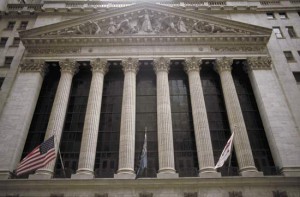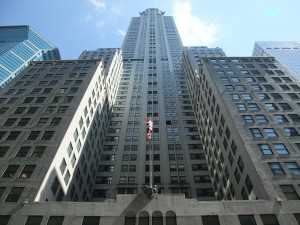Wall Street remained the epicenter of American capitalism, a true icon of the most success driven society on the planet. The city of New York remained the national center for both culture and education; with an outstanding number of museums and colleges. Broadway theatre was about to embark on its most preposterous era. How could a population of only 3.1 percent of Americans dominate the spirit of the age?
After the election in November 1980, Ronald Reagan proposed to the change in American political thoughts. Reagan embodied his hopes and frustrations, encouraging Congress to cut taxes and reduce national spending on social programs such as housing and welfare. Doing this reoriented American’s self-reliance characteristics. Reagan’s emphasis on individual accomplishment and smaller government represented values congenial to most Americans. New York’s budgetary reliance on federal and state aid programs had been escalating since 1961, and systematic reductions in funding aid caused a substantial suffering in a recovering city. The nations most liberal city progressively declined, each city budget of this decade became a battlefield. In 1981 the “savior” of New York; Edward I. Koch won a second term in election. Morley the cities social problems were disappearing, but crime became a major issue in 1981.
Even though Koch was performing his daily budget balance, there is existed some unacknowledged perception that the city was only becoming more poor. It was said that the mayor was unseeingly creating alliance with building and real estate interest, creating deals with businesses. The municipal economy was rapidly strengthening.
Although the accounts of both mayors Koch and Bloomberg faced many economic hardships. The underclass and the population of New Yorkers both put up with the Koch and Bloomberg Administrations, leading them eventually to strength.





